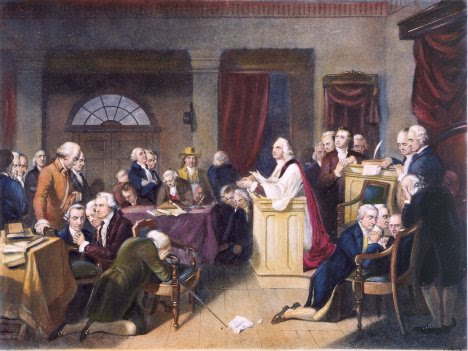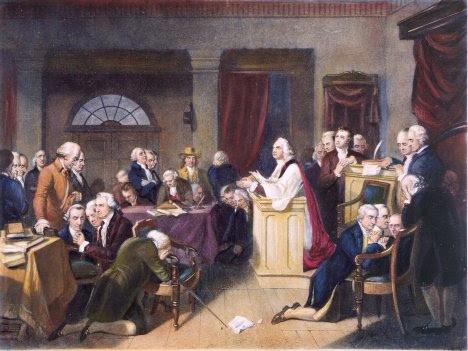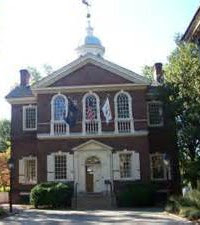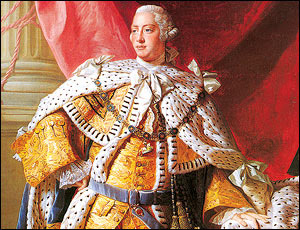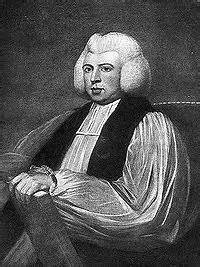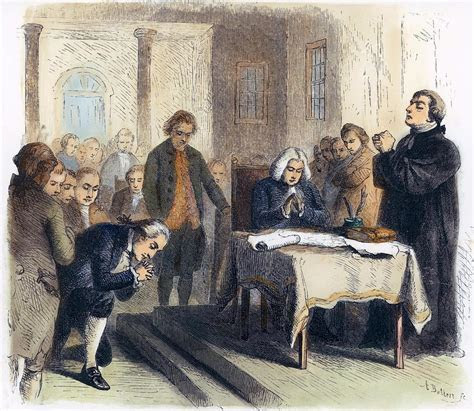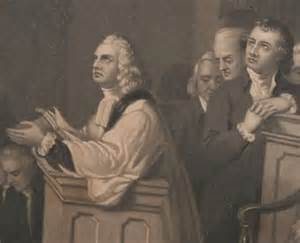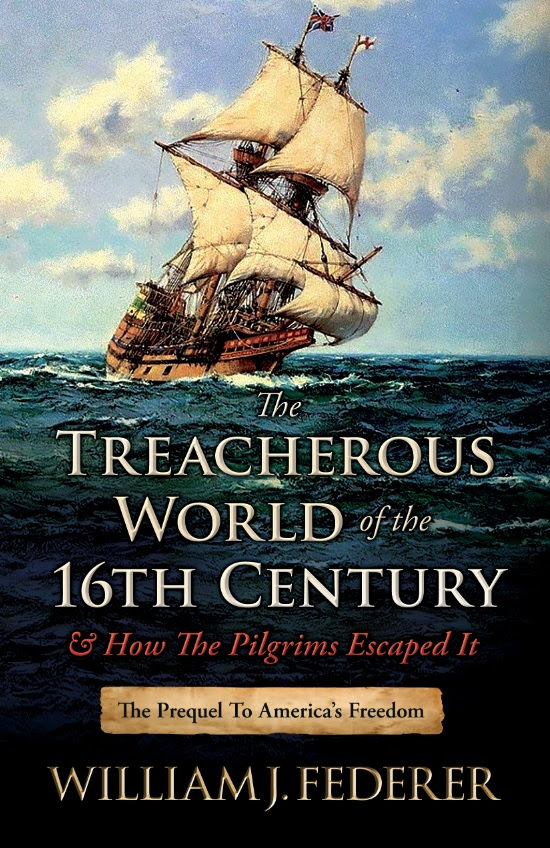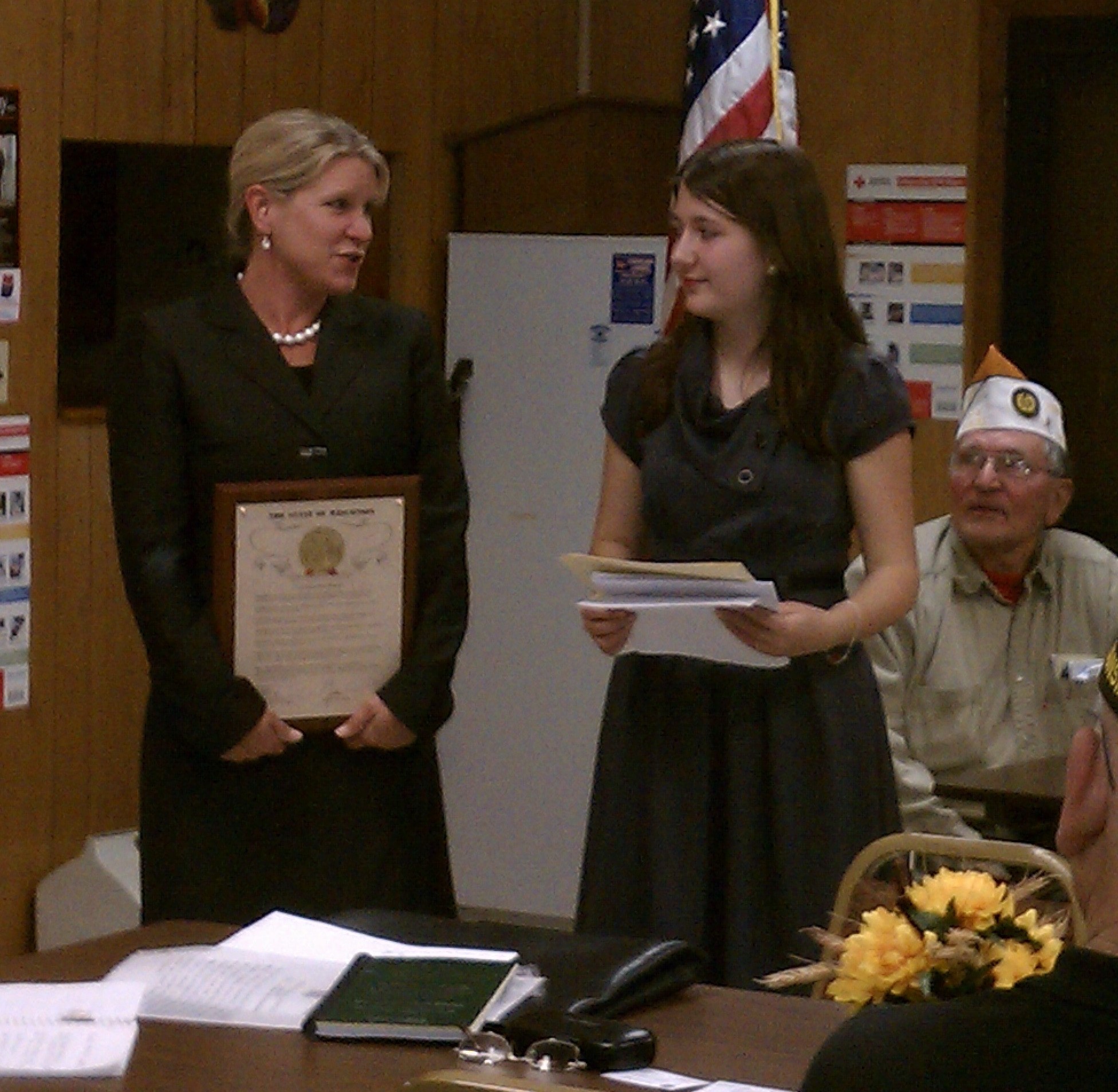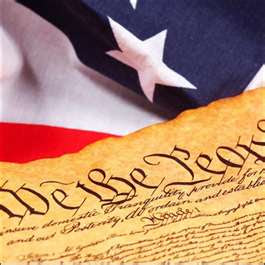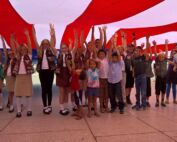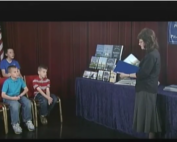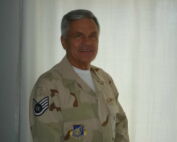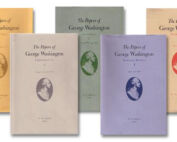First Prayer in Congress, September 1774, “Establishment Clause…
Categories: WTK History Lessons║Published On: September 17th, 2020║Tags: American History, American Minute with Bill Federer, Carpenter's Hall, Continental Congress, Establishment Clause, First Prayer in Congress, Historical practices, In God We Trust, John Adams, Journals of Congress, Puritan Patriots, Rev. Jacob Duche', Rev. Jacob Duche's exhortation, Supreme Court, Town of Greece v. Galloway║Views: 3524║1239 words║
|
|
|
|
|
|
|
|
|
|
|
|
|
|
|
|
|
|
|
|
Recent Posts
Judy Frazier2023-12-26T02:47:58-05:00
WTK – Old Glory Challenge: Our Flag is the greatest in the World.
JOIN US IN THE Old Glory Challenge:
Our Flag is the greatest in the World.
Judy Frazier2023-12-30T23:05:37-05:00
WTK History lesson with Pilgrim Institute Storyteller Jeanette Whittaker
November 22, 2016
Judy Frazier2023-12-26T02:53:09-05:00
We Have Much To Be Thankful For By Marc Alan Urbach, WTK’s journalist

The title of the article says it all. Yes, indeed we have much to be thankful for. God has blessed us with plenty. We […]
Judy Frazier2023-12-26T03:00:24-05:00
We The Kids WTKteen Erica at Greenmead Historical Park
KBN See Action News reporter Erica.
Erica interviews: catalog artifact volunteer KATHY GLENN, while on vacation with her parents in Livonia, MI.
More about our news-reporter Erica, IN.
Hello, my name is Erica. I’m 14 years old and […]
Judy Frazier2023-12-26T03:04:22-05:00
Letter to all kids from Grandpa P.J. United States Air Force
Dear Kids, I am a grandpa and military veteran. Millions of service members fought

